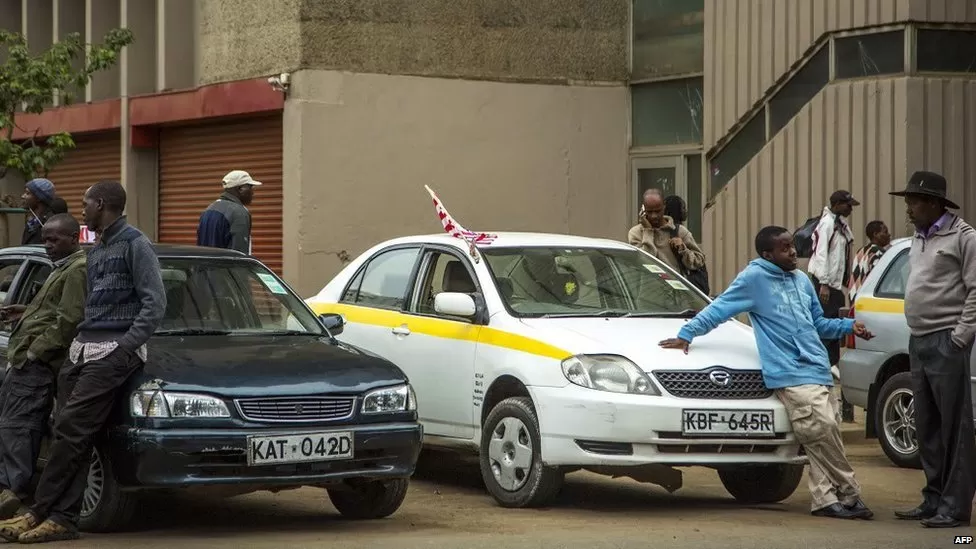Why Uber and Bolt drivers in Kenya are protesting
In Kenya, Uber and Bolt's drivers staged a protest on Monday to ask riding-sharing companies to reduce their commission per NTSA regulations.

Drivers at Uber and Bolt—the top ride-hailing companies in Africa are protesting the increased commission by both companies contrary to the regulations of Kenya’s National Transport and Safety Authority (NTSA).
"We are still operating with the same price when fuel prices were at Ksh97 ($0.80). Kenya’s fuel prices have skyrocketed; in Nairobi, a litre of gasoline costs Ksh179.3 ($1.49), and a litre of diesel costs Ksh165.82 ($1.37)," Zachariah Mwangi, chairman of the Organization of Online Taxi Drivers and Digital Taxi Association of Kenya said.
We are asking Uber and Bolt to obey the law. Regulations were supposed to take effect on September 22. This is the backbone of our strike which started today morning. — Zachariah Mwangi.
Uber charges a 25% commission per ride, while Bolt charges 20%. On June 20, 2022, NTSA introduced a national cap of 18% per trip for the commission paid by drivers to digital taxi operators. Safaricom's Little already has since adhered to the instruction with a commission of 15%.
Earlier in September, Uber appealed to Kenya's Supreme court to annul the new digital taxi-hailing regulations claiming that some aspects are unconstitutional, discriminatory, discouraging to foreign investments and infringing on its rights and those of its riders and partners.
"The introduction of 18% as the ceiling for the allowable commission has the potential to stifle innovation and reduce the petitioner’s economic feasibility of investing in the market," said documents filed by Coulson Harney LLP, the law firm representing Uber. Uber also faulted the condition that all ride-hailing companies must obtain a transport network license from NTSA to operate.
As of the time of this report, Uber East and West Africa's head of communications, Lorraine Onduru, hinted that Uber has no immediate plans to halt operations in Kenya, as it did in Tanzania after the introduction of new rates.
"We are aware that a small group of e-hailing drivers plan to go offline (not using the app). We respect drivers as valuable partners with a voice and a choice and we want drivers to feel they can talk to us about anything at any time. However, drivers are diverse in how they use the Uber app and it would be difficult for an individual or group to holistically represent every driver on the app," Uber stated while reacting to the ongoing protest.
Unlike Uber, Bolt has not made any public reaction to both the latest regulation and the driver's protest.






